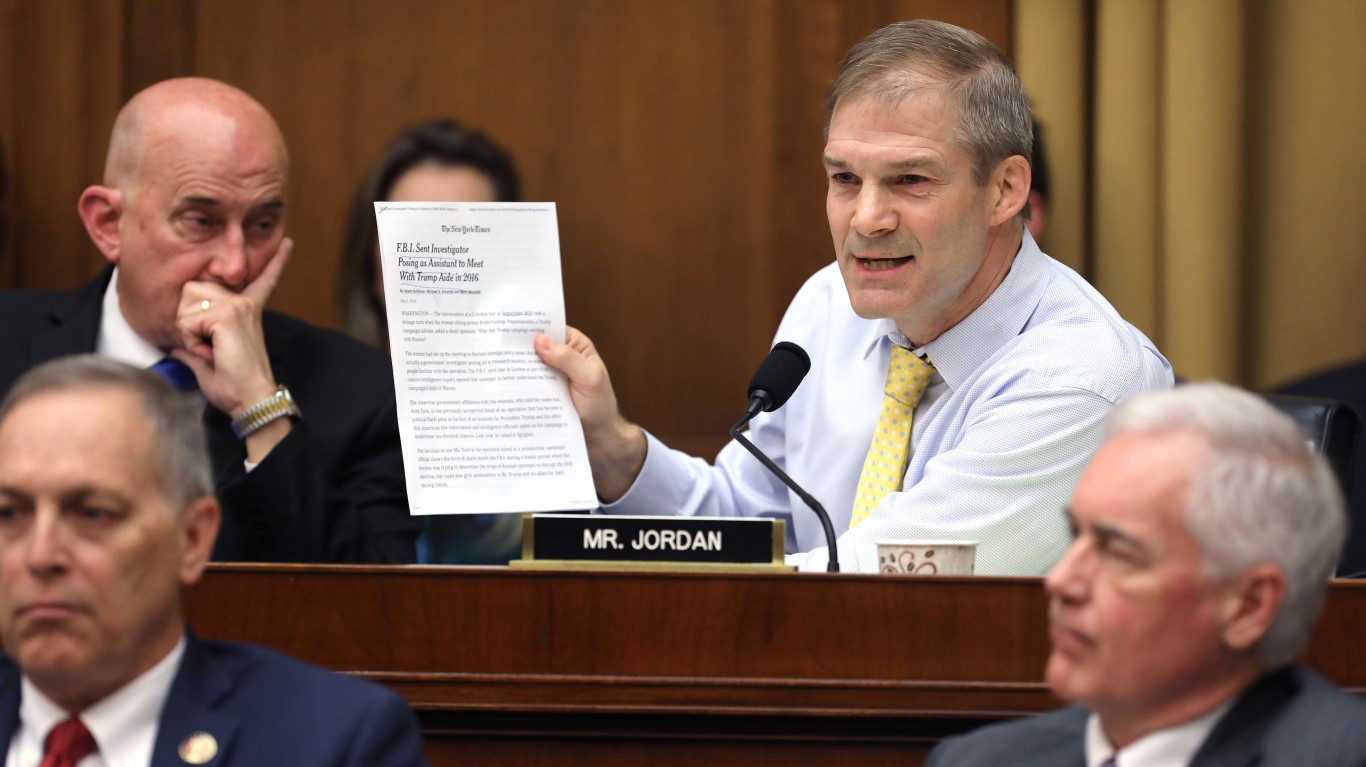
The 118th Congress is one of the least productive in American history. Few meaningful bills have made it through Congress since the Republicans regained the House of Representatives in the 2022 midterms. The non-profit Lugar Center and McCourt School of Public Policy has released the bipartisan index which tracks cross-party cooperation across party lines since 2014. Congress is at a historically low level of bipartisan cooperation despite a slight uptick in 2023. For some politicians, bipartisanship is not a laudable goal but a sign of weakness detested by voters in hyper-partisan districts. This article will examine the Republicans who most pride themselves on not getting along with the other side.
Why This Matters
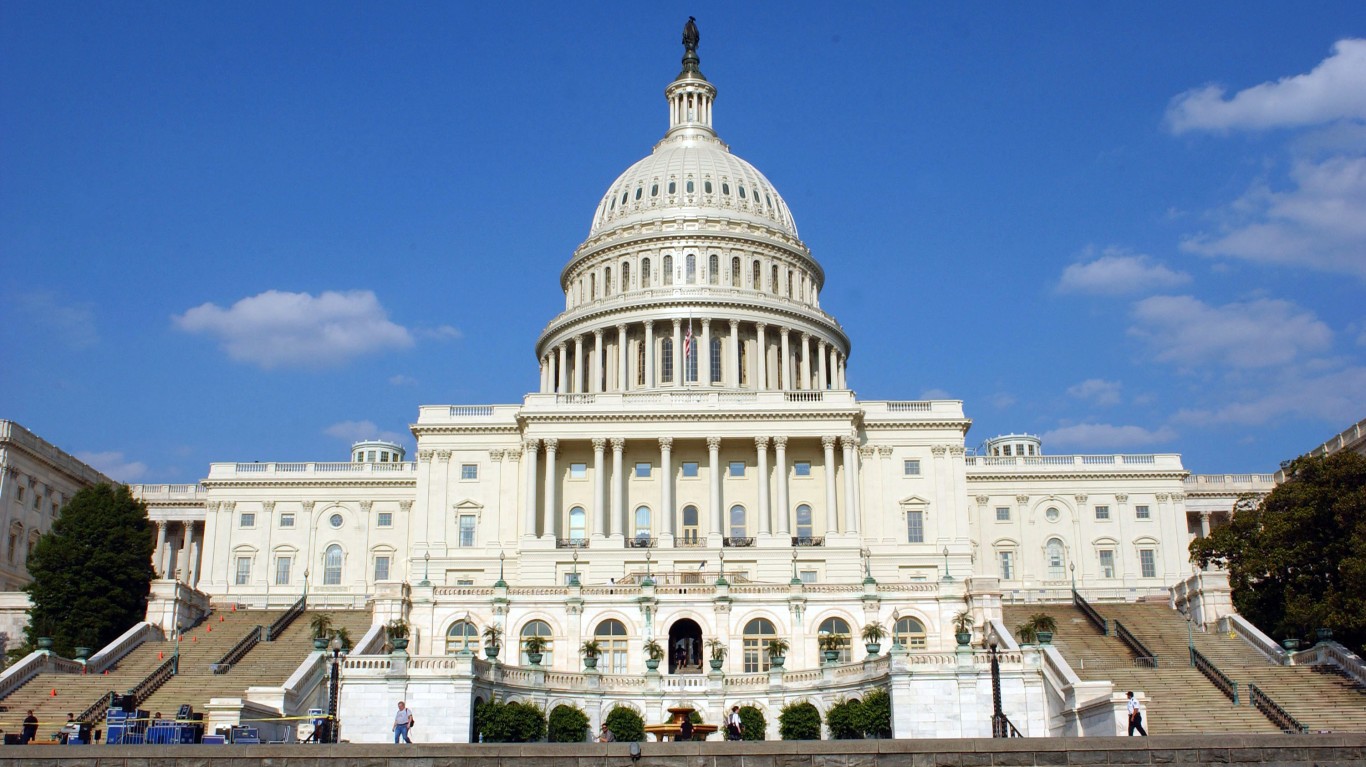
In an election year, American voters will determine not just the presidency, but who controls Congress. One party may well win the government trifecta but it is more likely that one party will control the House, the other the Senate. If any meaningful legislation is to be passed by the 119th Congress, cooperation and bipartisanship will be needed so it is important to know who the potential deal makers and deal breakers are.
10 – Dan Bishop
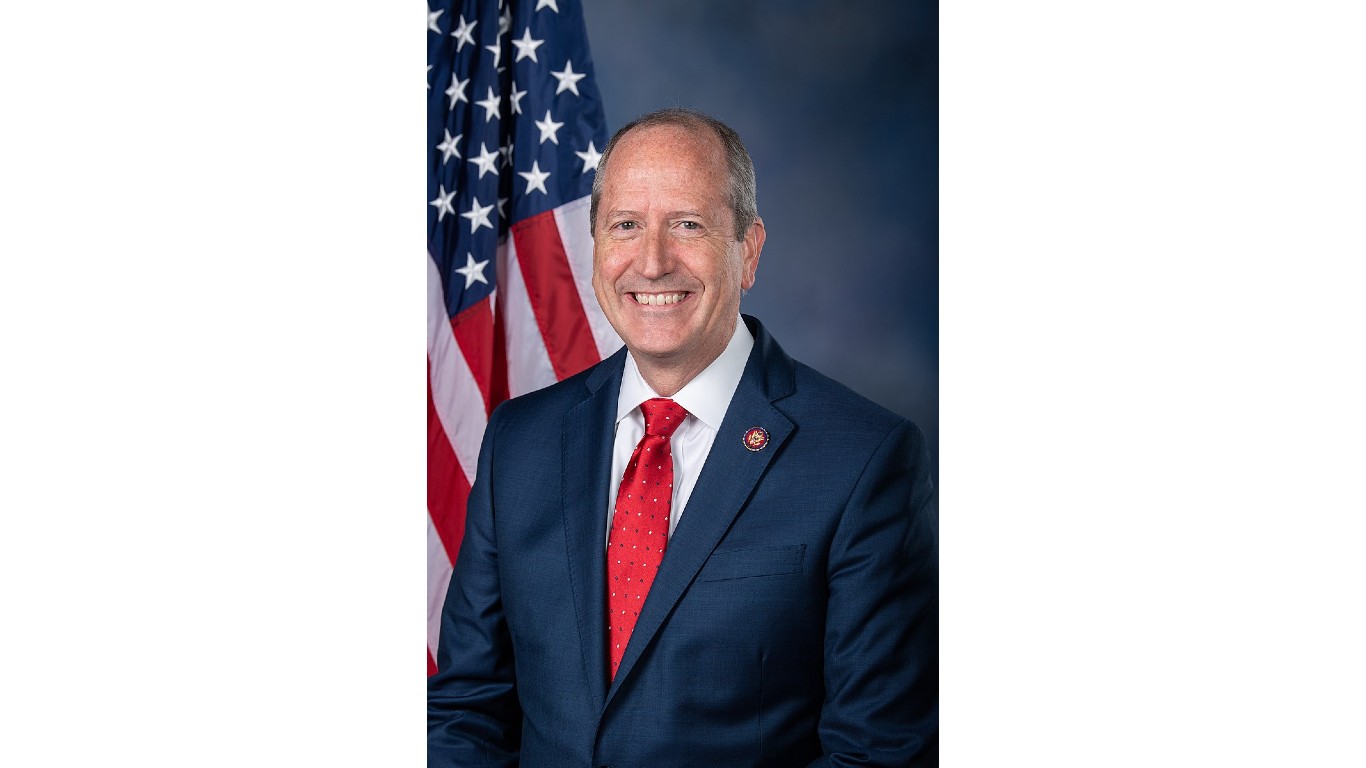
North Carolina 8th Congressional District
Assumed office: 2019
Bipartisan ranking: 421
Dan Bishop is a member of the Freedom Caucus and is highly critical of the money sent to Ukraine. Alongside side now Vice-Presidential nominee JD Vance, he spoke out against the lack of oversight on the funds released. He was the only Republican to vote for a failed resolution to cut the military budget by $100 billion in 2022.
Bishop won’t be in the House in 2025 as he is running to become North Carolina’s next Attorney General. The GOP hasn’t held the post since 1975 and that was an appointment. A Republican hasn’t won an election for attorney general since 1896 but Bishop insists it’s a seat “waiting to be won.”
9 – Andy Ogles
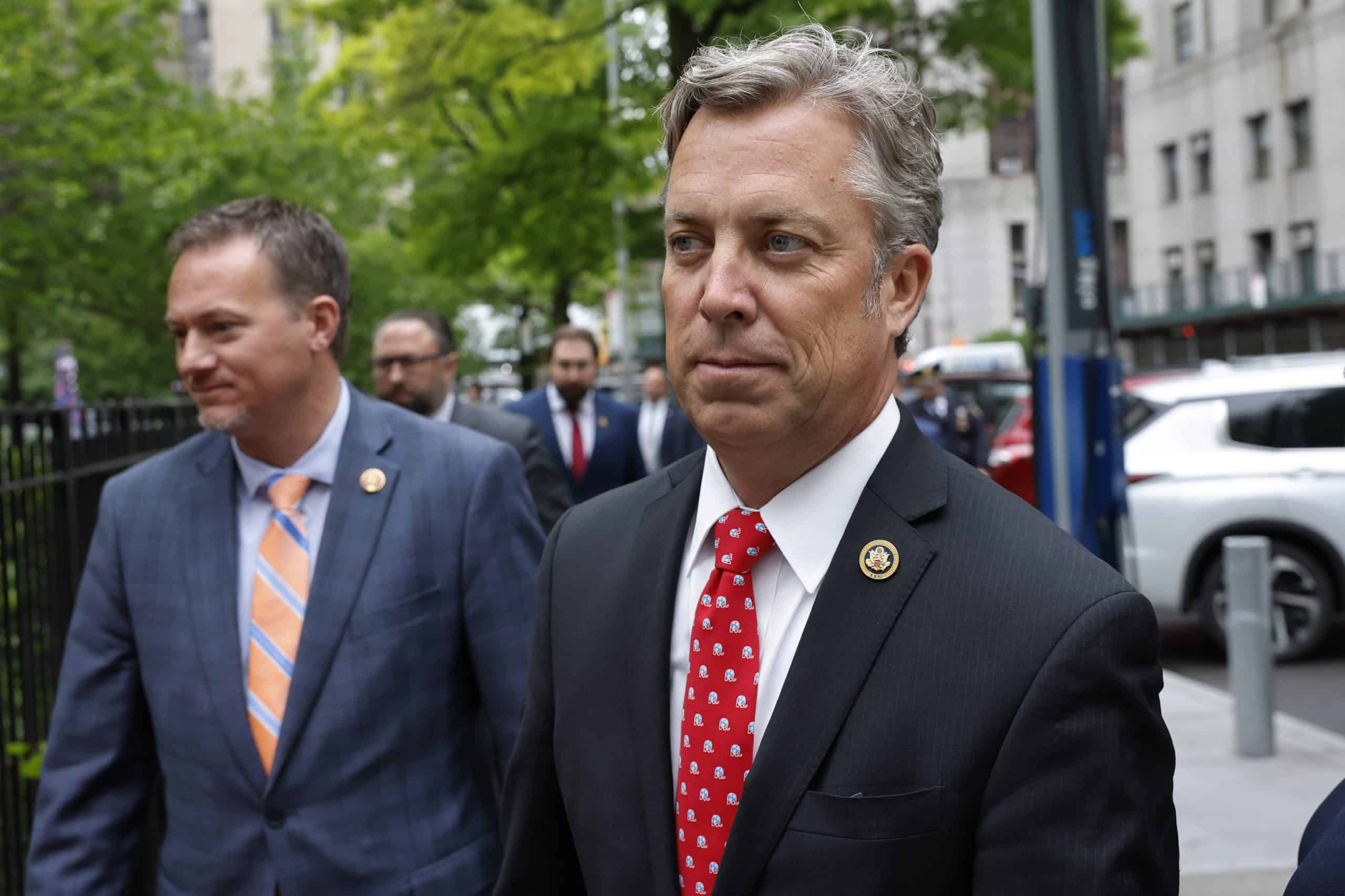
Tennessee 5th Congressional District
Assumed office: 2023
Bipartisan ranking: 422
Andy Ogles benefited from a controversial redistricting that turned a Democratic stronghold in Nashville into a safe Republican seat in 2022. Ogles joined the Freedom Caucus and was involved in the group’s bitter fight over the speakership. His partisan antics and other controversies have exasperated some members of his party but he survived a primary challenge in August 2024. He defended his record by insisting he was simply acting in the way his constituents elected him to do:
I went up there to legislate and try to save the republic, the way the people in the 5th District elected me to do. Under the old rules that was hard to do.
8 – Mike Johnson
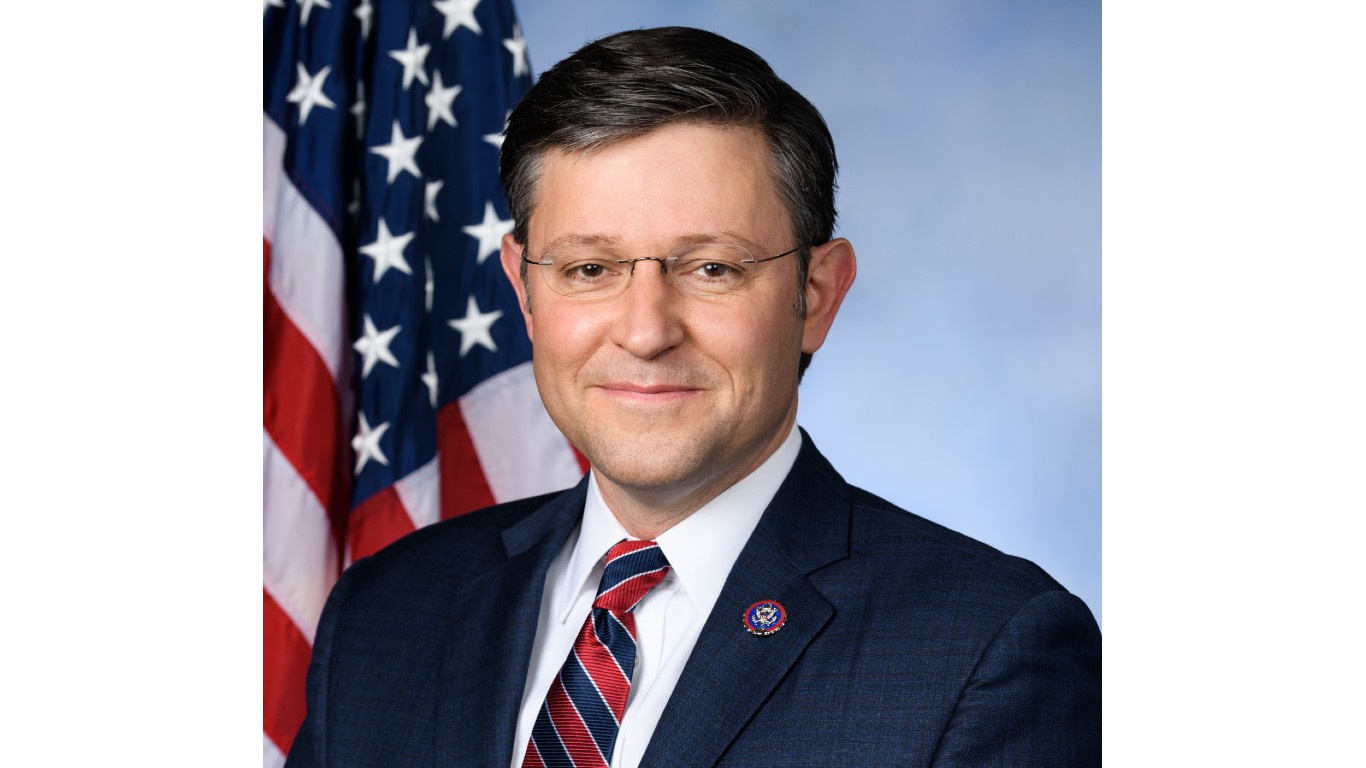
Lousiana 4th Congressional District
Assumed office: 2017
Bipartisan rating: 423
Leadership doesn’t typically appear on the bipartisan index but Mike Johnson didn’t take the speaker’s gavel until October 2023 so there’s enough time to assess his bipartisanship in the 118th Congress. He was one of the 147 Republicans who attempted to overturn the result of the 2020 election. Unlike most of the members featured here, Johnson is not part of the Freedom Caucus but is part of the much larger Republican Study Committee.
After the chaos of Kevin McCarthy’s leadership, Johnson became Speaker of the House and has shown some skill in managing the different factions within the party. While he was one of the least bipartisan members of the House, senior Democrats have remarked on Johnson being a man of his word.
He may lose the Speakership after 2024 if the Republicans fail to hold onto their slim majority but will have no opposition for his seat in November. He also ran unopposed in 2022.
7 – Paul Gosar
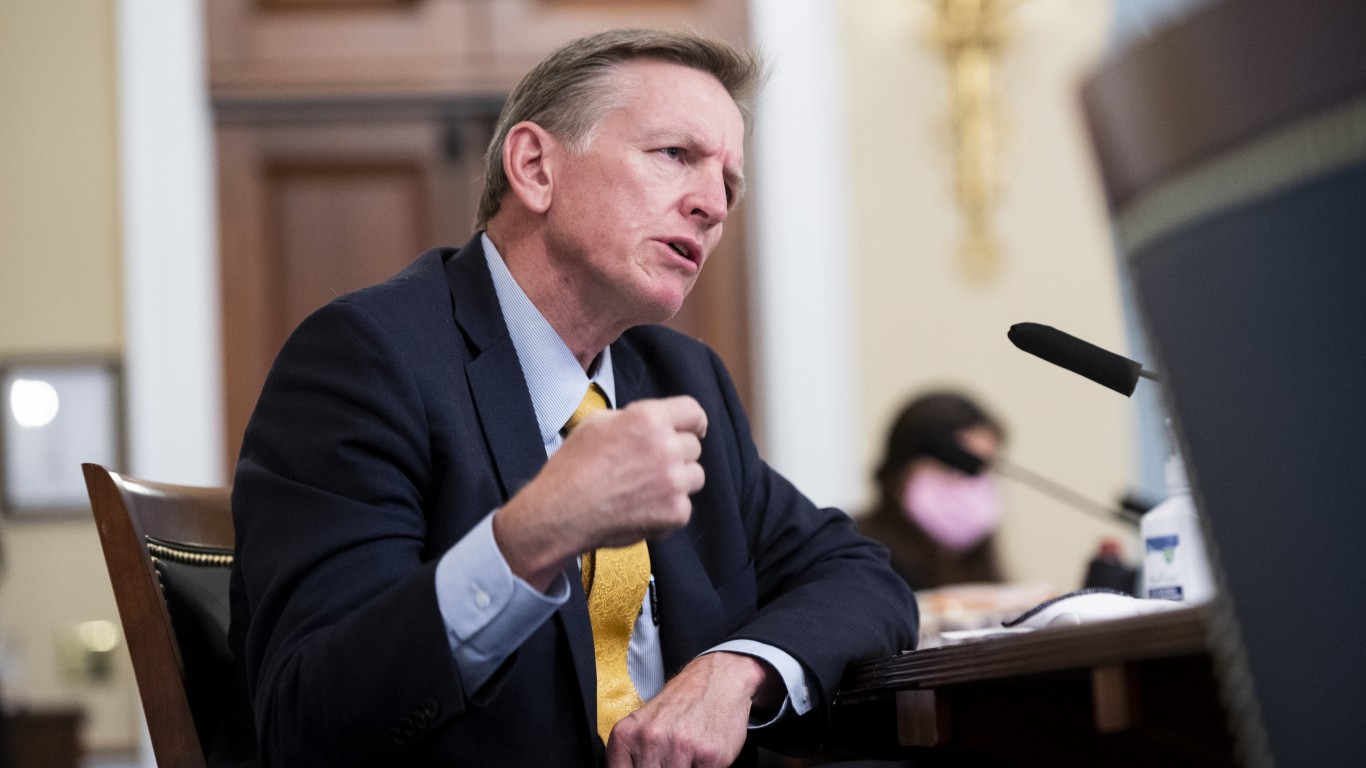
Arizona 9th Congressional District
Assumed office: 2011
Bipartisan ranking: 424
One of the least bipartisan members of the House, Paul Gosar has represented Arizona’s 1st, 4th, and 9th districts. Though he has won each race comfortably, he apparently didn’t have the votes of several members of his own family who endorsed his opponent. Gosar has opposed support for Ukraine since the conflict’s beginning and voted to overturn the results of the 2020 election. A member of the Freedom Caucus, Gosar was censured in 2021 for a controversial social media post.
He ran unopposed in 2022 but has a Democratic challenger in November though Gosar is all but certain to win.
6 – Marjorie Taylor Greene

Georgia 14th Congressional District
Assumed office: 2021
Bipartisan ranking: 425
One of the most outspoken and controversial members of Congress, Majorie Taylor Greene was expelled from the Freedom Caucus in July 2023 after a run-in with fellow firebrand Lauren Boebert. Her penchant for outlandish public statements includes strong opposition to American support for Ukraine. She was removed from all committee assignments in 2021 for her past incendiary remarks.
Though Greene’s conduct attracts criticism from Democrats and Republicans alike, hers is a safe seat. She will almost certainly return to the House in 2025.
5 – Lauren Boebert

Colorado 3rd Congressional District
Assumed office: 2021
Bipartisan ranking: 428
Like Majorie Talyor Greene, Lauren Boebert is one of the most well-known but controversial members of the House though the two have an acrimonious relationship, to put it mildly. A member of the Freedom Caucus, Boebert is best known for her strong advocacy for the Second Amendment, border security, and numerous personal and financial scandals.
It seems her constituents grew rather tired of her antics. She narrowly avoided losing re-election in 2022, winning a solidly Republican seat by just 554 votes. She will contest the 4th district in November.
4 – Josh Brecheen
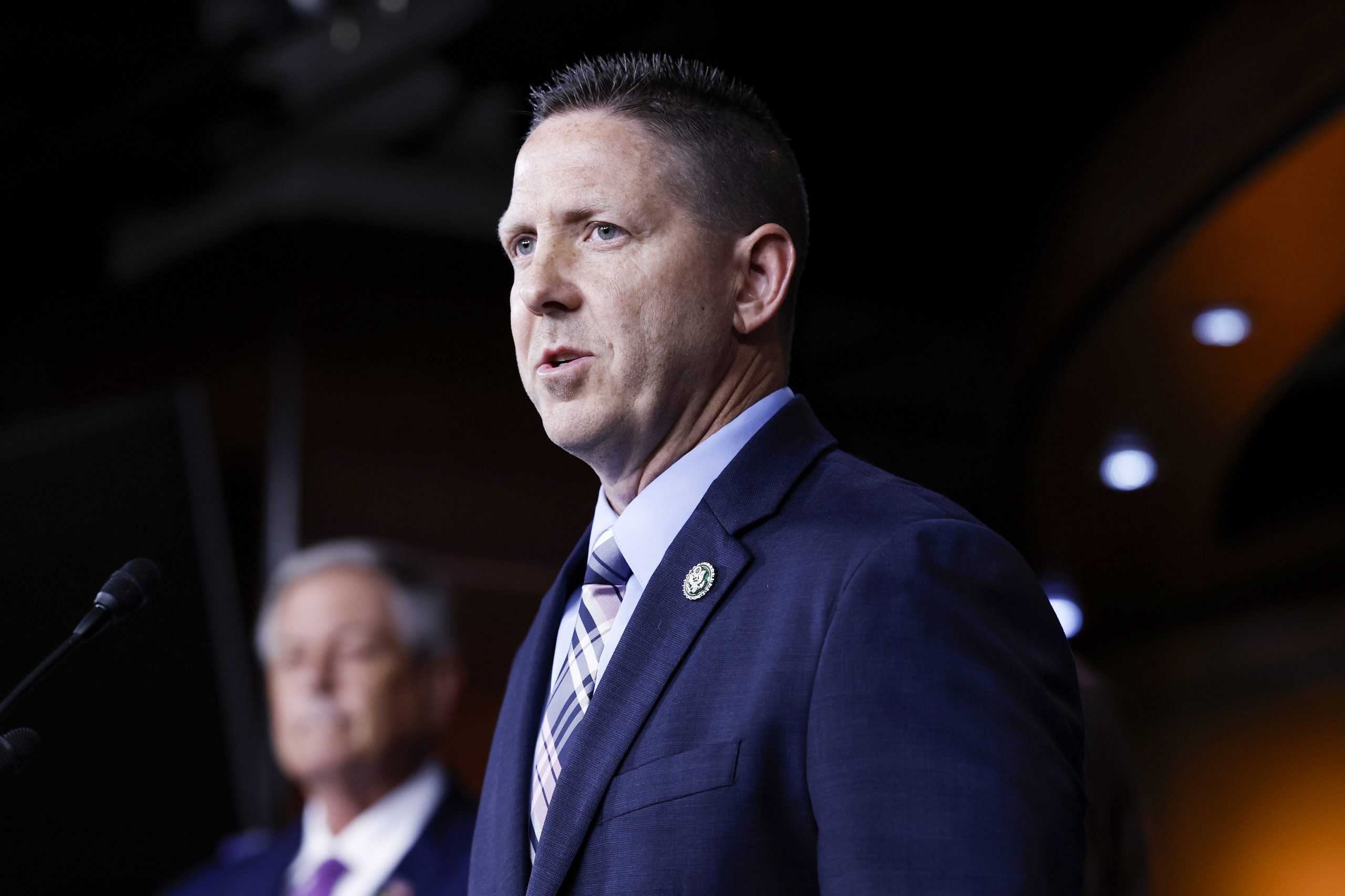
Oklahoma 2nd Congressional District
Assumed office: 2023
Bipartisan ranking: 430
A member of the Choctaw Nation, Josh Brecheen easily won the race for Oklahoma’s 2nd district in 2022. A member of the Freedom Caucus, he is most outspoken on abortion, the border, and the deficit. Though one of the least bipartisan members of the House, Brecheen is committed to one broadly popular non-partisan position: term limits. He retired from the Oklahoma Senate in 2018 after serving two terms on a self-imposed limit.
He faces only token resistance to his re-election in November.
3 – Andrew Clyde
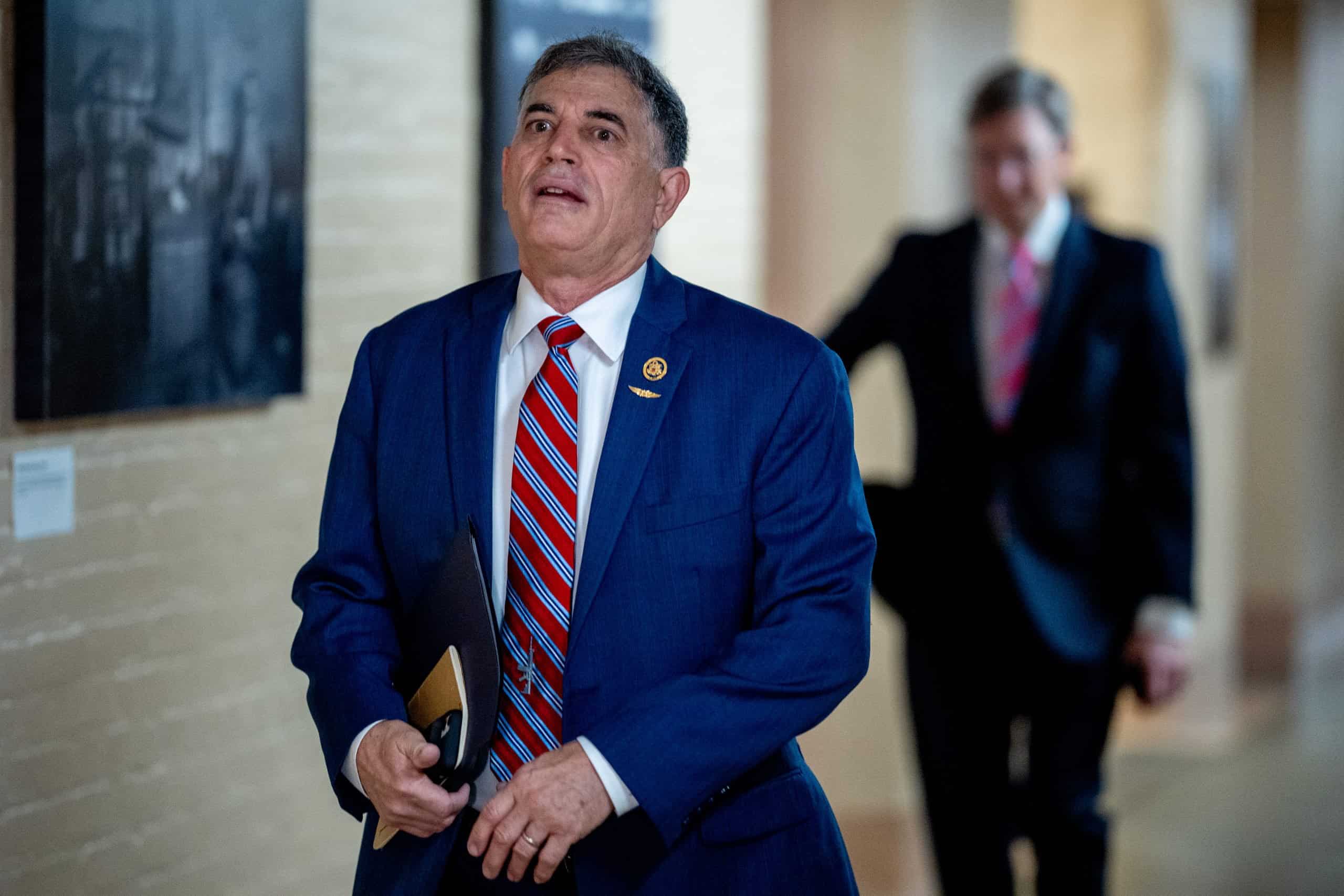
Georgia 9th Congressional District
Assumed office: 2021
Bipartisan ranking: 431
Andrew Clyde won a lopsided election for Georgia’s 9th district in 2020 and easily retained his seat in 2022. He has garnered controversy for his remarks on January 6th and his votes against the Emmet Till Anti-Lynching Bill and the Juneteenth National Independence Day Act. Both bills passed with overwhelming bipartisan support.
A member of the Freedom Caucus, Clyde faces a straightforward re-election campaign in November after an uncontested primary.
2 – Eric Burlison

Missouri 7th Congressional District
Assumed office: 2023
Bipartisan ranking: 432
Eric Burlison easily won Missouri’s 7th district in 2022 after the incumbent Billy Long left for an unsuccessful bid for the Senate. Burlison is a member of the Freedom Caucus who positions himself as a staunch conservative and speaks out against censorship. He raised eyebrows when he compared DirecTV’s decision to drop far-right channel Newsmax from its line-up to the holocaust.
He will run for re-election in November after an easy primary victory in August.
1 – Jim Jordan

Ohio 4th Congressional District
Assumed office: 2007
Bipartisan ranking: 436
As a founder, former chair, and current vice-chair of the far-right Freedom Caucus being the least bipartisan member of the House is a badge of honor for Ohio’s Jim Jordan. In 17 years in the House of Representatives, Jordan has never sponsored legislation that became law. Jordan’s obstructionist track record came back to haunt when he made a push for Speaker of the House in October 2023 after his caucus forced Kevin McCarthy out.
Jordan is by far the long-serving member of the Freedom Caucus and his district has been redrawn multiple times to ensure he never faces a credible threat to his seat. He faces Demnicratc Tamie Wilson in November in a rematch of the 2022 election which Jordan won easily.
Conclusion

All of the members profiled in this article are or were members of the Freedom Caucus and represent uncompetitive, safe Republican seats. While their conduct has attracted a great of attention and scorn, even from members of their own party, they will argue they are simply acting per the wishes of their constituents. The Republican control of the House is in serious jeopardy this November as the same actions that secure votes in deeply red districts are a liability in swing seats. Without any serious challenge to their seats, they have no reason to modify their views and if they did, they would almost certainly face a primary challenge from the right.
With a divided legislature likely after November and more bipartisan members of both parties facing difficult re-election bids, further gridlock is likely for the 119th Congress.
In 20 Years, I Haven’t Seen A Cash Back Card This Good
After two decades of reviewing financial products I haven’t seen anything like this. Credit card companies are at war, handing out free rewards and benefits to win the best customers.
A good cash back card can be worth thousands of dollars a year in free money, not to mention other perks like travel, insurance, and access to fancy lounges.
Our top pick today pays up to 5% cash back, a $200 bonus on top, and $0 annual fee. Click here to apply before they stop offering rewards this generous.
Flywheel Publishing has partnered with CardRatings for our coverage of credit card products. Flywheel Publishing and CardRatings may receive a commission from card issuers.
Thank you for reading! Have some feedback for us?
Contact the 24/7 Wall St. editorial team.





